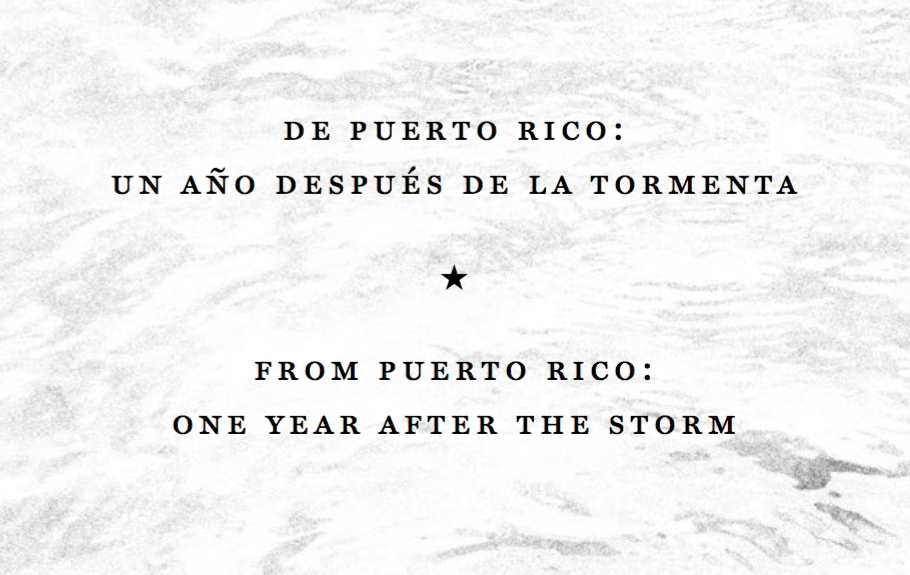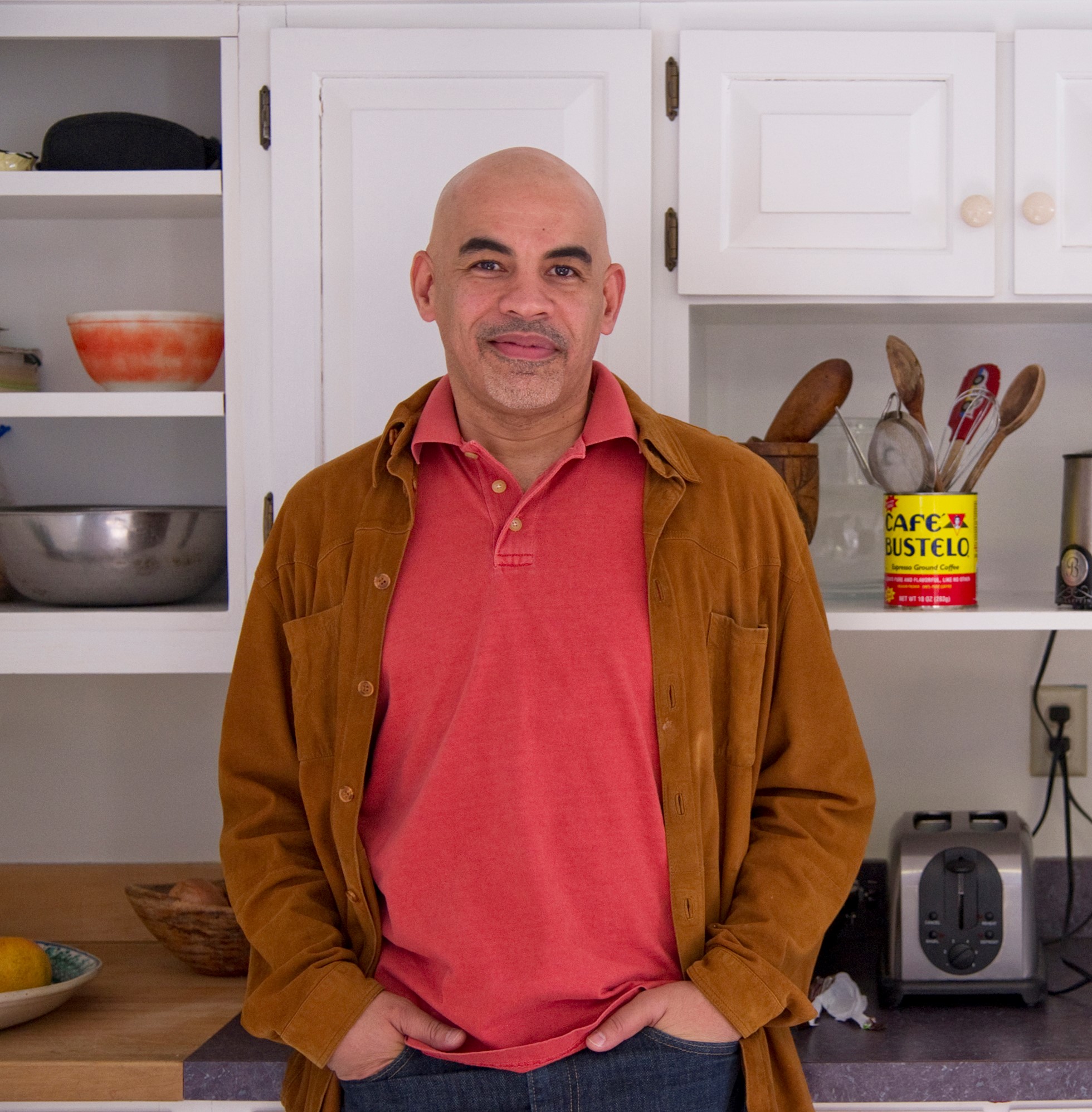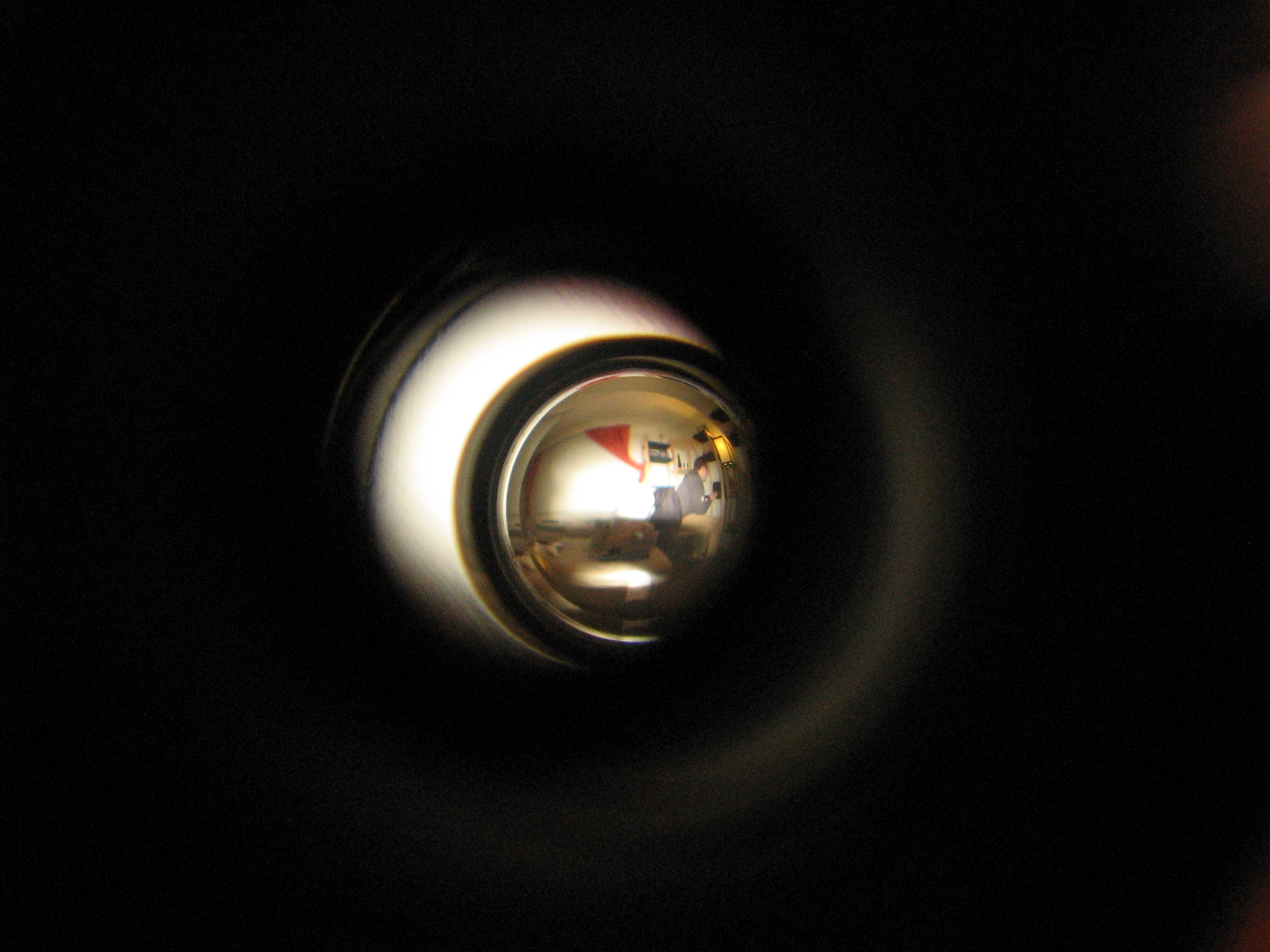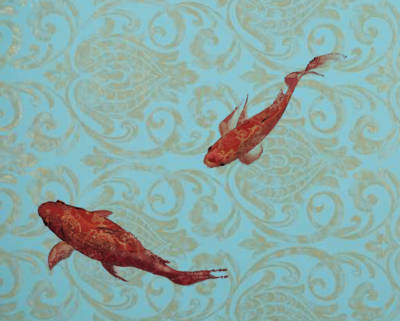By ANA MARÍA FUSTER LAVÍN
Translated by RICARDO ALBERTO MALDONADO
“Hunger. It’s like an animal trapped inside you, Thomas thought.” —James Dashner
The flavor of those eyes continued to dance in her mouth as she savored the aftertaste with little smacks of her tongue. Just before dawn, she lifted up her gaze toward the infinite, making out only the light that was deep blue and amber. Everything is relative to day, to night, to colors, and to sustenance. When you are hungry, your steps assume an ashen color as if in a dream of incineration—somber, grayish, full of pain. We’ve all been hungry, we are hunger, yet she was alone. Especially after that early morning when nature exploded into wind and rain, leaving her home battered. That morning, three of her kittens, her only companions, drowned in her basement.














